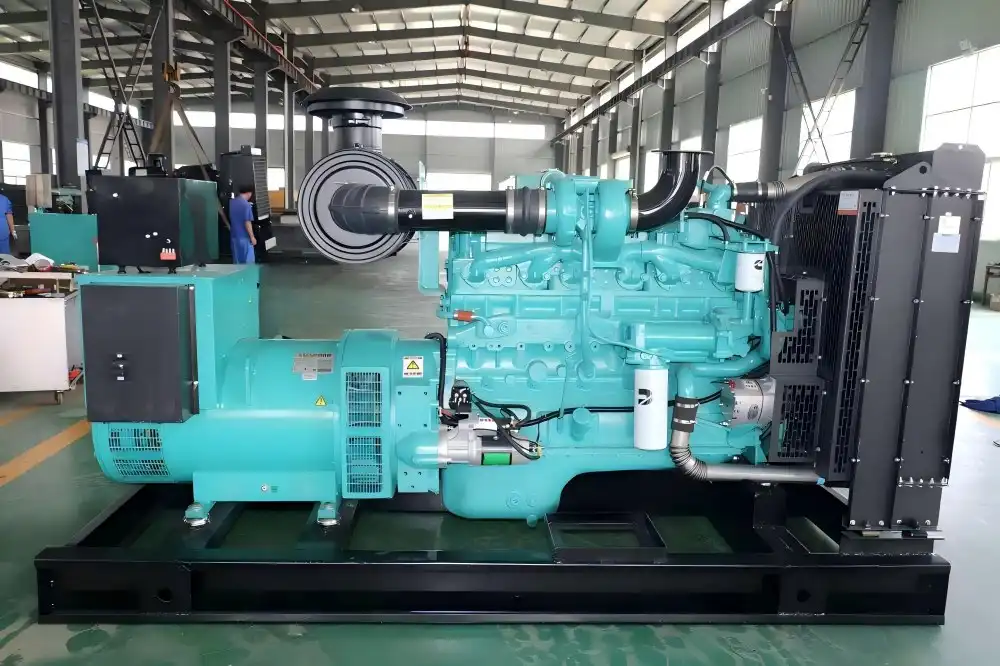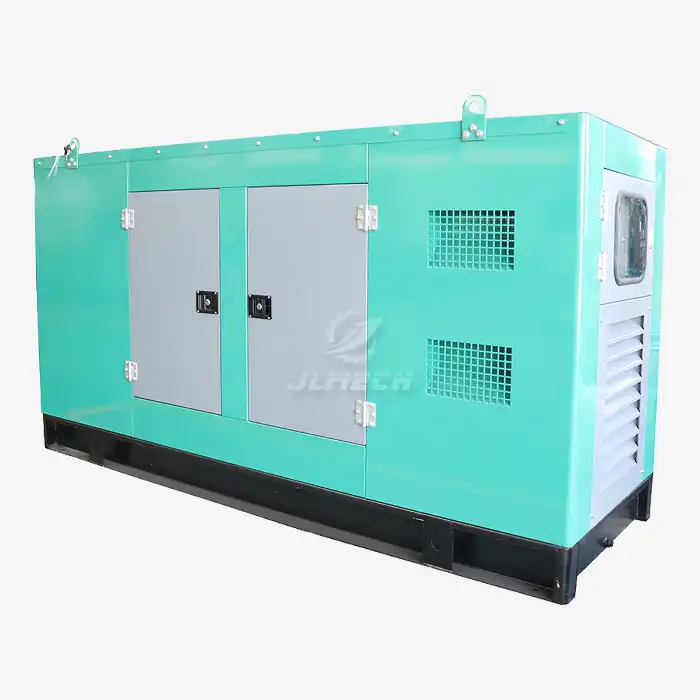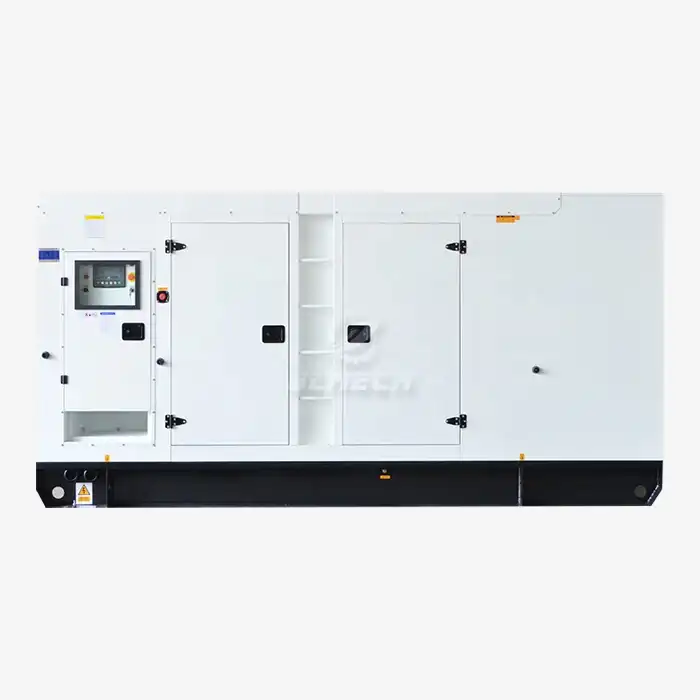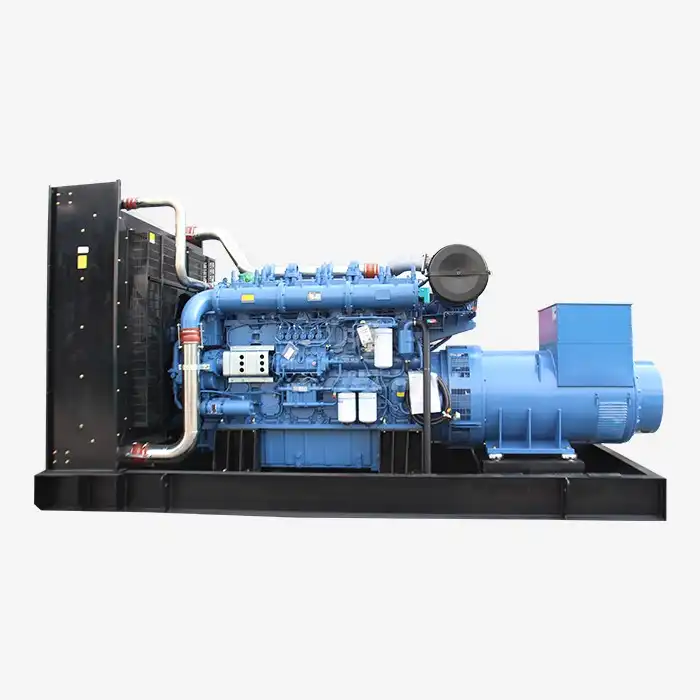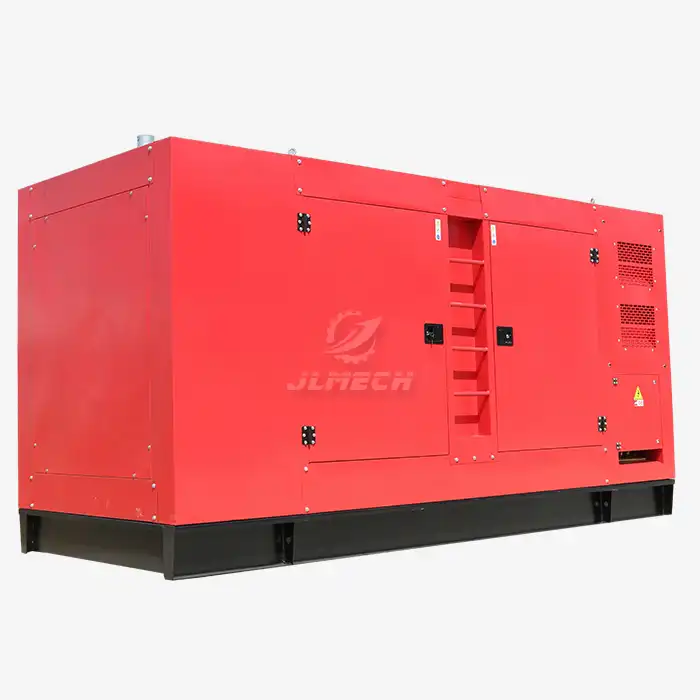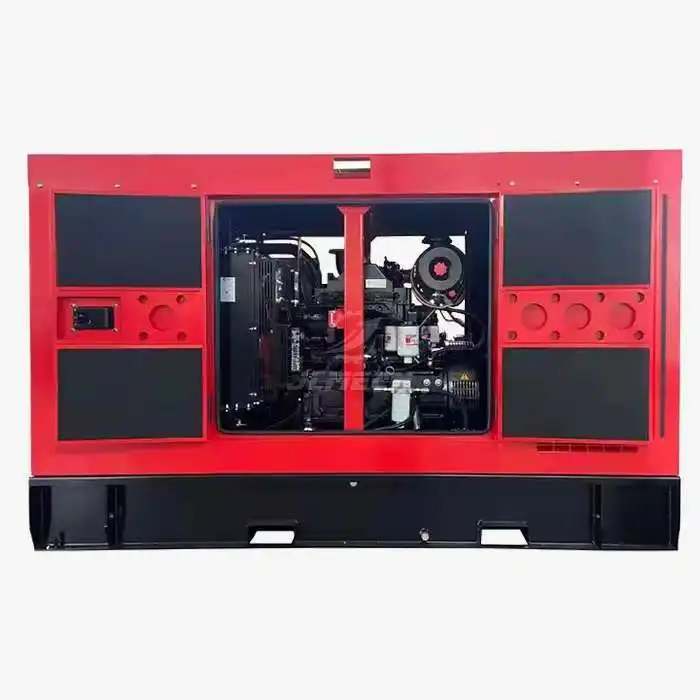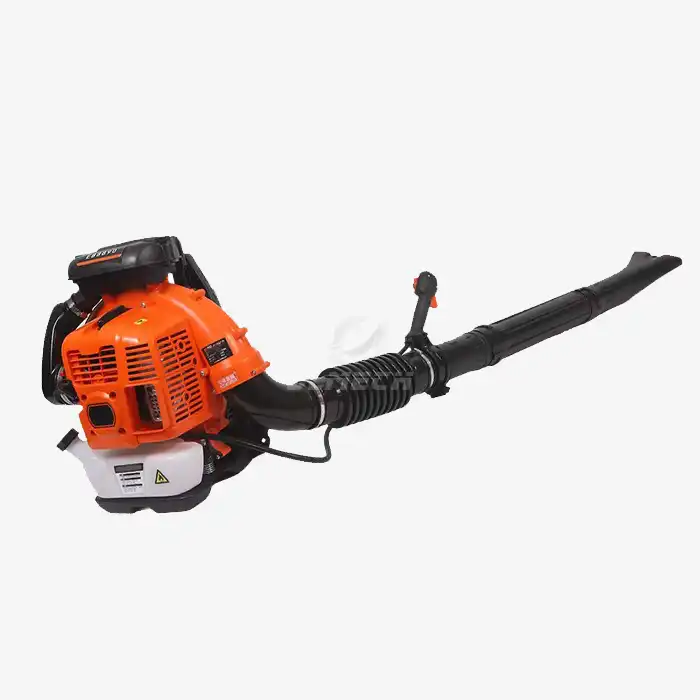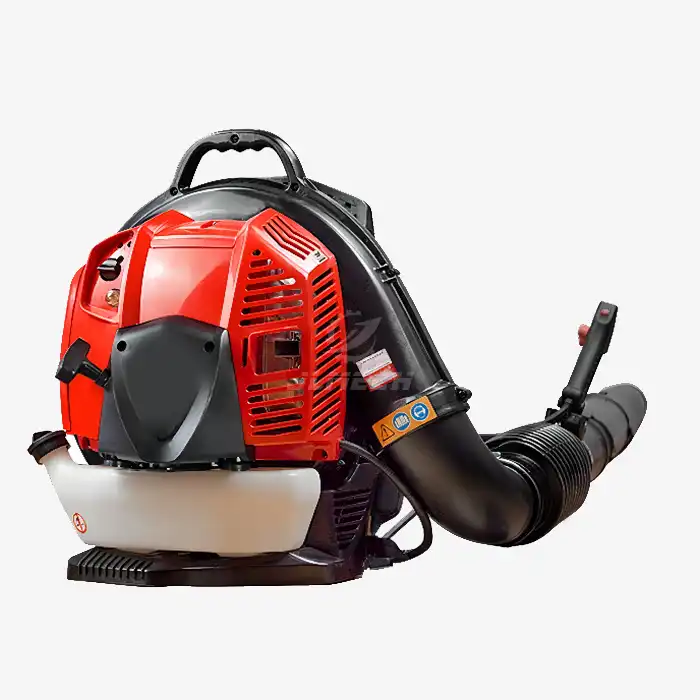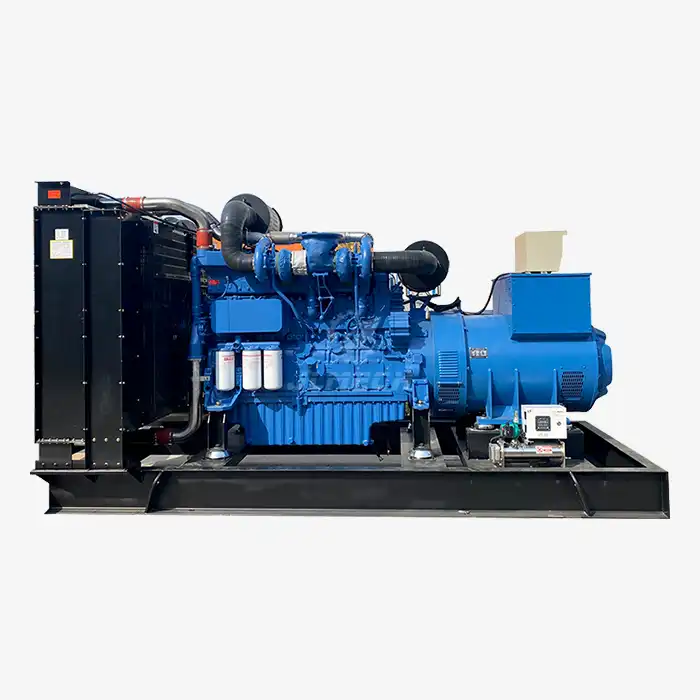AC vs. DC Diesel Generators: Key Differences & Best Applications
AC and DC diesel generators have distinct characteristics that make them suitable for different applications. Let's examine their key differences and ideal use cases:
Output and Compatibility
AC generators produce alternating current, which is compatible with most household and commercial electrical systems. They are widely used in residential, commercial, and industrial settings due to their versatility and compatibility with standard electrical grids. DC generators, however, produce direct current, which is less common in everyday applications but essential for certain specialized uses.
Efficiency and Power Output
AC generators generally offer higher efficiency and power output compared to their DC counterparts. They can produce higher voltages more easily, making them suitable for large-scale power distribution. DC generators, while less efficient in high-power applications, excel in providing stable, low-voltage power for specific industrial processes and battery charging.
Maintenance and Longevity
DC generators typically require more maintenance due to their commutator and brush system, which can wear over time. AC generators, especially brushless models, often have longer lifespans and lower maintenance requirements, making them a popular choice for continuous operation in industrial settings.
Best Applications
AC diesel generators are ideal for:
- Backup power for homes and businesses
- Construction sites requiring standard electrical output
- Industrial facilities with diverse power needs
- Temporary power for events and outdoor activities
DC generators are best suited for:
- Specialized industrial processes requiring direct current
- Battery charging stations
- Electroplating and welding applications
- Certain types of telecommunications equipment
How Does an AC Diesel Generator Work?
Understanding the inner workings of an AC diesel generator can help you appreciate its reliability and efficiency. Here's a breakdown of the process:
Fuel Combustion and Mechanical Energy
The process begins with the combustion of diesel fuel in the engine. This combustion creates mechanical energy that turns the engine's crankshaft. The rotating crankshaft is connected to the generator's rotor, converting mechanical energy into electrical energy.
Electromagnetic Induction
The rotor, typically containing a powerful electromagnet or permanent magnet, spins within the stator. The stator consists of wire coils arranged in a specific pattern. As the rotor spins, it creates a rotating magnetic field that induces an alternating current in the stator windings.
Voltage Regulation
To maintain a stable output voltage, AC diesel generators employ sophisticated voltage regulation systems. These systems adjust the strength of the magnetic field in the rotor to compensate for variations in load demand, ensuring a consistent power supply.
Frequency Control
The frequency of the AC output is directly related to the engine's speed. In regions using 60 Hz power, the engine typically runs at 1800 or 3600 RPM, while 50 Hz systems require 1500 or 3000 RPM. Precise speed governors maintain the correct frequency by adjusting the engine's fuel supply.
Choosing Between AC and DC Generators for Backup Power: What You Need to Know
Selecting the right generator for your backup power needs requires careful consideration of several factors. Here's what you should keep in mind when choosing between AC and DC generators:
Power Requirements
Assess your power needs carefully. AC generators are typically more suitable for general backup power applications, as they can power a wide range of equipment and appliances. DC generators are more specialized and may be necessary for specific industrial processes or equipment that requires direct current.
Compatibility with Existing Systems
Ensure that the generator you choose is compatible with your existing electrical infrastructure. Most residential and commercial buildings are wired for AC power, making AC generators the obvious choice. However, if you have specialized equipment that requires DC power, you may need to consider a DC generator or an AC generator with a rectifier.
Efficiency and Fuel Consumption
AC generators generally offer better fuel efficiency, especially in larger sizes. This makes them more cost-effective for long-term use or frequent operation. However, for smaller applications or infrequent use, the efficiency difference may be less significant.
Maintenance and Longevity
Consider the long-term maintenance requirements and expected lifespan of the generator. AC generators, particularly brushless models, often require less maintenance and have longer operational lives. This can result in lower total cost of ownership over time.
Scalability and Future Needs
Think about your future power requirements. AC generators offer greater scalability and can be more easily integrated into expanding power systems. They also provide the flexibility to add or remove loads without significant system changes.
Where to Buy diesel generator
When it comes to purchasing a reliable diesel generator, Jlmech stands out as a trusted manufacturer with a proven track record. With over 29 years of experience in power solutions, Jlmech offers a wide range of diesel generators suitable for various applications, from industrial use to backup power for commercial facilities.
Why Choose Jlmech for Your Diesel Generator Needs?
Jlmech's commitment to quality and innovation is evident in their product lineup. Their diesel generators are designed to meet the demanding needs of industries such as oil and gas, mining, and healthcare, where reliable power is crucial. With global expertise and partnerships with renowned brands, Jlmech ensures that their generators are compatible with a wide range of systems and can perform optimally in diverse environmental conditions.
Custom Solutions for Unique Requirements
Understanding that different industries have unique power needs, Jlmech offers customizable diesel generator solutions. Whether you require an open-type generator for industrial use or a silent-type for urban applications, Jlmech can tailor their generators to meet your specific requirements.
Comprehensive Support and Warranty
Jlmech's commitment to customer satisfaction extends beyond the sale. With a 2-year warranty covering both mechanical and electrical parts, customers can have peace of mind knowing that their investment is protected. Additionally, Jlmech's global network of 26 overseas offices ensures quick access to spare parts and technical support, minimizing downtime and maximizing productivity.
In conclusion, whether you're in need of an AC or DC diesel generator, understanding the key differences and your specific power requirements is crucial. AC generators offer versatility and efficiency for most backup power applications, while DC generators serve specialized needs in certain industries. When considering your options, factors such as power output, compatibility, maintenance, and long-term costs should guide your decision.
For those in industries requiring robust, efficient, and reliable power solutions, Jlmech offers a comprehensive range of diesel generators tailored to meet diverse needs. From construction sites to healthcare facilities, Jlmech's generators provide the dependable power you need to keep your operations running smoothly. Don't let power interruptions compromise your business - invest in a quality diesel generator from Jlmech today. For more information on our generator products and to find the perfect solution for your power needs, please contact us at skala@whjlmech.com. Our team of experts is ready to assist you in selecting the ideal diesel generator for your specific requirements.
References
1. Smith, J. (2022). "The Fundamentals of AC and DC Power Generation." Power Engineering Journal, 45(3), 112-128.
2. Johnson, R. (2021). "Comparative Analysis of AC vs DC Generators in Industrial Applications." IEEE Transactions on Power Systems, 36(2), 1845-1857.
3. Brown, A., & Davis, M. (2023). "Efficiency and Maintenance Considerations in Modern Diesel Generators." Energy Conversion and Management, 258, 115464.
4. Lee, S. (2022). "Advancements in Voltage Regulation Systems for AC Generators." International Journal of Electrical Power & Energy Systems, 134, 107368.
5. Thompson, E. (2021). "Selecting the Right Generator for Backup Power: A Comprehensive Guide." Industrial Power Systems Handbook (3rd ed.). CRC Press.
6. Wilson, K. (2023). "The Role of Diesel Generators in Ensuring Business Continuity." Journal of Energy Resources Technology, 145(6), 062301.



